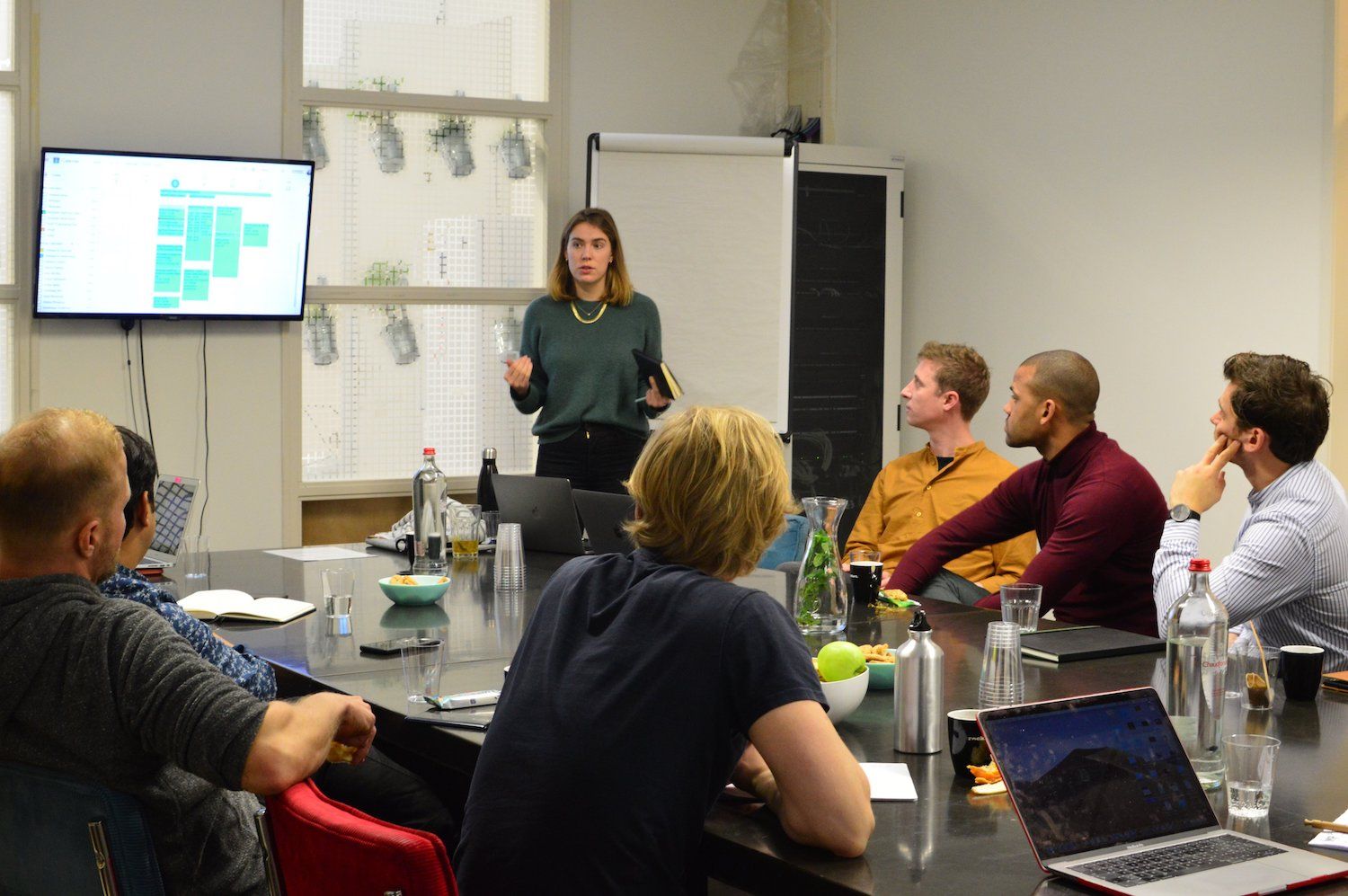Copenhagen-based accelerator Rockstart has raised an additional €3 million from international investors to invest in its first dedicated agrifood fund and cohort.
The new funding follows Rockstart AgriFood’s September announcement that it had raised its first €15 million and invested in 10 startups participating in its program.
Nine-year-old Rockstart specializes in growth-stage startup acceleration for social and environmental impact-focused startups. In addition to its generic tech-focused program, the company offers dedicated tracks in agrifood, health and energy.
“Agrifood is a domain where there is lots of room for innovation and we, therefore, expect to see many startups turning into global businesses in upcoming years. With Rockstart AgriFood, we want to take a hands-on active role in building these businesses,” Rockstart’s CEO Rune Theill said at the time the AgriFood track was launched last year.
The agrifood fund was seeded by Danish state fund Vaekstfonden and Dutch investment group De Hoge Dennen. Unnamed high net worth individuals and family offices from Denmark, the Netherlands, the UK, Germany, Sweden, Switzerland and Belgium also backed the initial fundraising round.
Sustainable edge
The latest €3 million was committed by new undisclosed investors hailing from the UK, Germany and the Netherlands.
Rockstart AgriFood’s Mark Durno tells AFN that the fund’s success in attracting a growing roster of backers signals investors’ increasing interest in the sector, particularly in startups addressing social and environmental aspects of the global food chain.
“Our investors put a lot of emphasis on sustainable means of food production. One is only investing in new technologies for sustainable food production and distribution,” he says.
Investors’ concern with both financial and non-financial performance means that Rockstart AgriFood will track so-called “impact metrics” on its portfolio companies for its investors.
“For them, there needs to be some formal measurement of environmental, social and governance (ESG) factors,” explains Durno. “We determine the metrics on a case by case basis, depending on what the startup is doing.”
For portfolio company Vultus, which is committed to reducing excessive fertilizer use in farming, that means measuring the amount of offset nitrogen. Or for “alternative leather” companies like Beyond Leather Materials that means measuring how much food and agricultural waste is being diverted and used in its materials.
Demo Day
Rockstart AgriFood’s latest funding news comes ahead of its first Demo Day in Copenhagen on 30 January. The 10 startups in its cohort and fund being showcased at the event come from Europe, India and Chile. They include:
- Agranimo from Chile, which is helping farmers, retailers, and insurers use micro-climate date to inform business decision-making
- From Denmark, Beyond Leather Materials (formerly, The Apple Girl), which is combatting food waste by repurposing unused goods to make alternative leather and other textiles; ChefMe, a platform for hiring private chefs; Nordetect, which is developing nano-sensors for on the spot field testing; Råhandel, which has developed an online marketplace for small-scale food producers
- Miils from Finland, a healthy food information and recommendation tool meant for online food sites
- From India, KrishiHub, which offers a direct pathway to customers, whittling down layers of middle men in India’s food chain, and Tractor Junction , which offers an online machinery market. (Tractor Junction is also a participant in the Singapore-based GROW accelerator program, a partnership between AgFunder and Rocket Seeder.)
- Wenda from Italy, which is helping food producers and buyers better monitor and track the food supply chain with information on traceability, cold-chain and logistics
- Vultus from Sweden, a precision farming and diagnostics company focused on reducing excessive fertilizer use
Read more: “Rockstart reveals first agri-foodtech cohort with €15m to invest in 10 startups”




